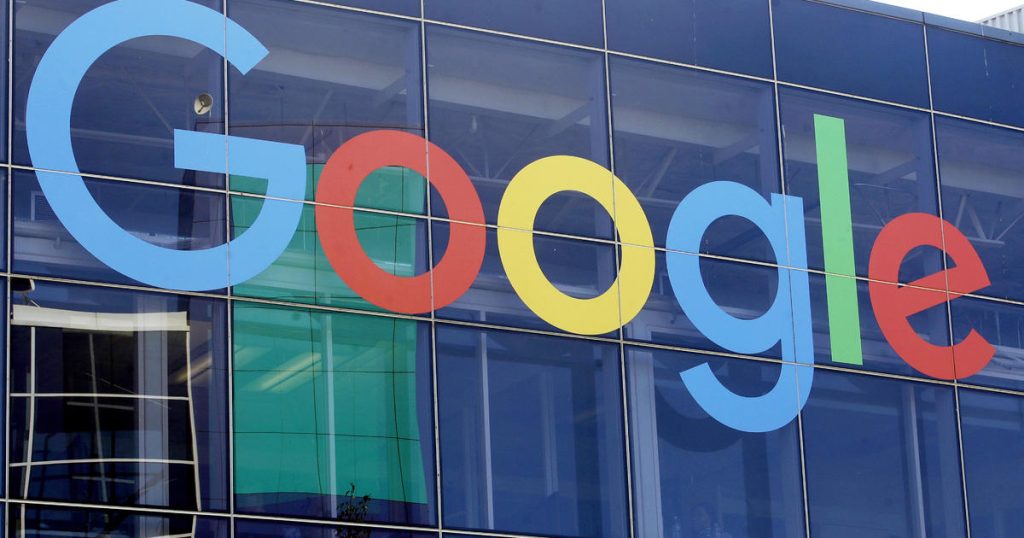Google has reached a settlement in a lawsuit accusing the company of tracking consumers even when they were browsing the web in “incognito” mode. The settlement includes Google deleting and/or remediating billions of data records that reflect private browsing activities, with a value of more than $5 billion. The lawsuit stemmed from claims that Google misled users about not tracking their internet activities while using incognito mode. The settlement also requires Google to change incognito mode so that users can block third-party cookies by default for the next five years.
The agreement between Google and the plaintiffs, represented by attorney David Boies of Boies Schiller Flexner and other lawyers, was reached in December. Monday’s filing provides more details about the settlement, although neither Google nor Boies Schiller Flexner immediately responded to a request for comment. The settlement is described as an “historic step” in requiring technology companies to be honest in their representations to users about data collection and data usage. The court document notes that the settlement ensures accountability and transparency from Google, the world’s largest data collector, and is an important step in upholding privacy rights on the internet.
This settlement signifies a major shift in the way technology companies handle user data and privacy issues. By holding Google accountable for misleading users and tracking their online activities, the settlement sets a precedent for increased transparency and honesty in data collection practices. The requirement for Google to change incognito mode to allow users to block third-party cookies by default demonstrates a commitment to protecting user privacy and preventing unauthorized tracking. Through this settlement, technology companies are being forced to prioritize user privacy and be more transparent about their data collection practices.
The implications of this settlement extend beyond just Google and the specific case at hand. It sends a signal to other technology companies that they must be honest and transparent about their data collection practices or face potential legal repercussions. With the value of the settlement exceeding $5 billion, it serves as a financial incentive for companies to take privacy concerns seriously and adhere to regulations and laws surrounding data protection. This settlement could lead to increased scrutiny of other companies’ data collection practices and could impact the broader debate around user privacy rights and data security in the digital age.
Overall, this settlement between Google and the plaintiffs represents a significant win for consumer privacy rights and sets a precedent for increased accountability and transparency from technology companies. By holding Google accountable for misleading users and requiring changes to incognito mode, the settlement demonstrates a commitment to protecting user privacy and preventing unauthorized tracking. The implications of this settlement could have far-reaching effects on how technology companies handle user data and privacy issues, paving the way for improved data protection practices and increased transparency in data collection.


